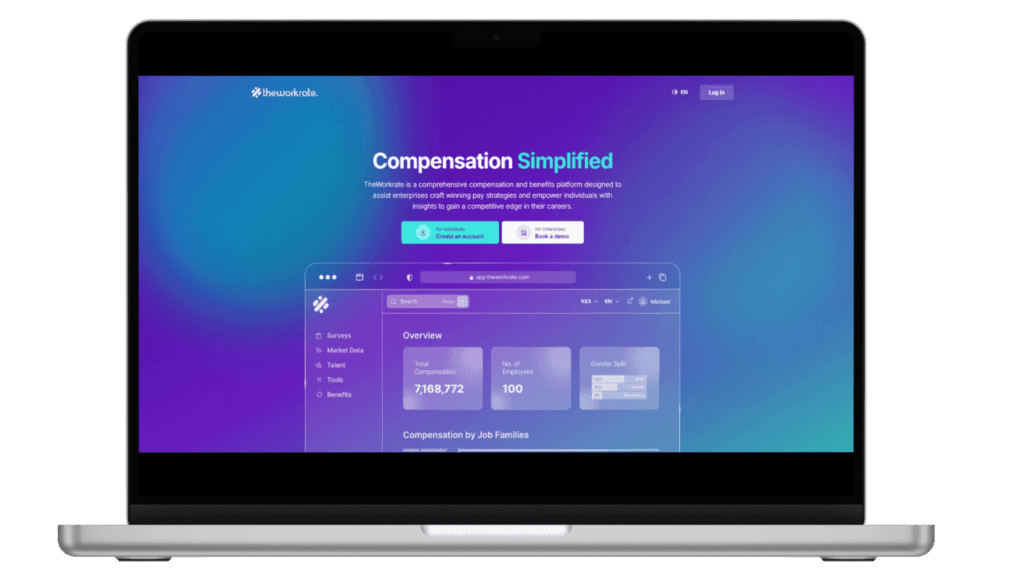Profile Mozambique: Telma, you have a remarkable journey that spans continents, sectors, and cultures. How has this diversity of experience shaped your approach to leadership and compensation strategy design?
Telma Le Guen: The various geographies, sectors, and cultures I’ve been part of have taught me that leadership demands adaptability, clarity, and sensitivity to context. In compensation, that translates into a rejection of one-size-fits-all solutions. What works in Lagos might fail in Maputo. An effective salary policy must respect the legal framework, local expectations, and the economic environment.
Leading teams or advising executives requires balancing macroeconomic insight with the human experience—each culture values compensation differently. Therefore, compensation must go beyond base salary; it is a strategic tool for retention, performance, and organizational culture.
PM: In a few words, how would you define the purpose driving you at this stage of your career?
TLG: My purpose is clear: to help African companies become more competitive in attracting and retaining talent through smart, fair, and sustainable compensation strategies. That’s the vision behind the founding of Workrate—to democratize access to reliable data and enable more informed decision-making.
A strong salary policy can change lives—it benefits not only employees but also their families and communities. Companies need concrete answers on competitiveness, equity, and return on investment in people, and that’s the work that drives me.

PM: Compensation is no longer just a number at the end of the month. What global trends are you seeing in how African companies think about and practice compensation?
TLG: The shift is clear: compensation today is understood as a total experience. Employees no longer only ask how much they’ll earn, but what they gain in terms of quality of life, purpose, and recognition. There’s a growing appreciation for factors like flexibility, wellbeing, and organizational culture.
In Africa, pressure comes from all sides: inflation, talent scarcity, and new ways of working. Companies must rethink their compensation packages and communicate better the value they offer employees. Transparency and alignment with the current reality are essential.
PM: In your view, what factors should be at the center of an effective compensation policy in emerging markets such as Mozambique or Mauritius?
TLG: The foundation is contextual intelligence. A strong policy should rest on four pillars: responsiveness to economic conditions, equity and clarity in communication, simplicity in the model, and relevance to the local context.
It’s crucial that employees understand how they are compensated and trust the fairness of the process. In environments where data and formal structures are lacking, technology can be the bridge to more conscious and sustainable decisions.
PM: What are the most common mistakes you see in organizations trying to restructure their compensation and benefits models?
TLG: There are recurring patterns: blind cost-cutting or reactive increases, copying foreign models without contextualization, overlooking internal inequalities, and communication failures.
A good compensation strategy requires both technical management and change management. If employees don’t understand the rationale behind decisions, even a well-designed model can fail.
PM: Workrate positions itself as a compensation intelligence platform. What kind of decisions does this technology help inform?
TLG: TheWorkrate™ platform supports strategic decisions such as salary reviews, talent risk management, incentive design, and budget planning. For executive committees, it provides accurate data on salary competitiveness, internal gaps, and return on investment in human capital. This leads to more effective risk management.
In contexts of growth or pressure, it allows companies to move away from impulsive actions and lead with a structured strategy.
PM: How can digitalization of C&B processes avoid eliminating the human element from the equation?
TLG: Technology should empower people, not replace them. Our platform is built to support informed decisions and foster conversations with clarity and empathy. Data visualization and benchmarks are tools that enable more transparent communication between managers and employees.
The human factor is irreplaceable and remains central to building trust and organizational culture.
PM: How can accurate data and benchmarks help African companies compete globally for talent and productivity?
TLG: With talent now circulating globally and many African professionals working remotely for companies abroad, local businesses must align with new expectations.
The key is to offer competitive yet sustainable packages, based on up-to-date local data. Organizations that fail to adapt will fall behind on a continent that will be home to 25% of the world’s population by 2050.
PM: In a context of high inflation and volatile markets, how do you advise your clients to balance budgetary pressure with internal fairness and talent attraction?
TLG: These are precisely the scenarios where a total rewards strategy is most needed, combining financial and non-financial incentives with intelligence and focus. Internal equity cannot be sacrificed.
You need clear salary grids, monitoring tools, and, above all, regular communication. Budget pressure should be a catalyst for responsible innovation, not a reason to fall into improvisation.
______________________
Meet Telma Le Guen
She is a consultant specialized in Compensation & Benefits (C&B), with extensive experience in designing compensation structures and managing benefit programs involving multimillion-dollar budgets across more than 30 countries in Africa and the Middle East.
Her C&B expertise ranges from building pay structures for emerging companies and harmonizing regional plans to supporting divestments. She has designed regional and national C&B policies, incorporated administration processes, and managed salary increase processes across several countries.
Telma has also developed and delivered training sessions to diverse multicultural groups (HR leaders, executives, and employees) on topics such as job architecture, salary structure development, corporate wellbeing, and how to communicate C&B with employees. She runs the consulting firm ConsulTRAD and is the founder of TheWorkrate™.





